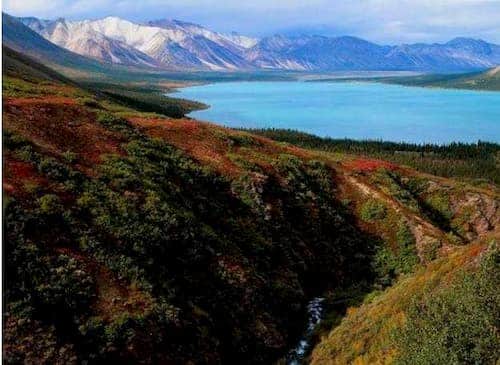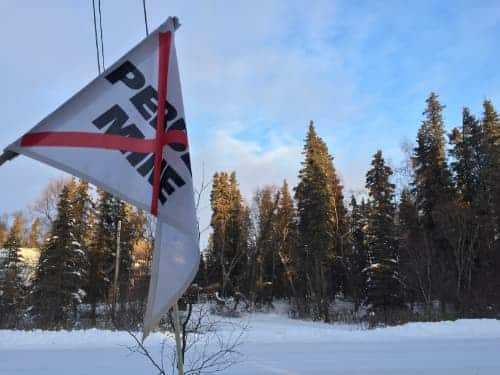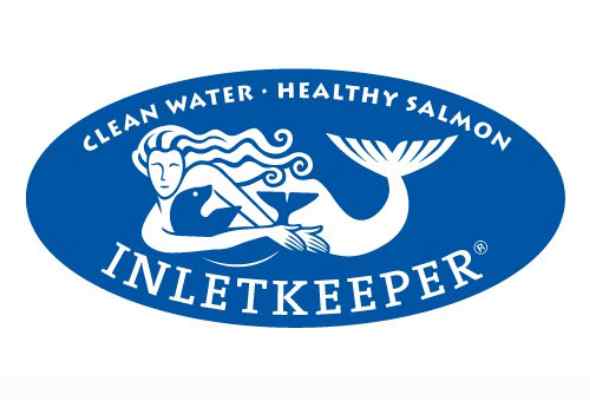SEATTLE, WA — Canadian First Nations, Washington State Tribal leaders, and leaders from Native American regional and national organizations held a press conference to announce their solidarity with the United Tribes of Bristol Bay in protecting one of the world’s last and largest wild salmon runs from the development of the Pebble mine.
Fawn Sharp, President of the National Congress of American Indians; Leonard Forsman, President of Affiliated Tribes of Northwest Indians; and representatives from Tsleil-Waututh Nation, Lummi Nation, Makah Tribe, and United Tribes of Bristol Bay also signed a Proclamation formalizing their commitment to protect the Bristol Bay fishery and the Native way of life it has sustained for thousands of years.
If developed, the Pebble Mine would be one of the world’s largest open pit mines in North America, and would ultimately hold up to 10 billion tons of toxic tailings at the headwaters of the pristine region that provides half the world’s wild sockeye salmon. The scientific community, federal agencies, and the region’s Tribes have universally condemned the project, the environmental review process, and the permitting process. Despite this, the Trump Administration is fast-tracking the Pebble Mine.
“Both the National Congress of American Indians and the Affiliated Tribes of Northwest Indians have already passed resolutions calling for the protection of Bristol Bay salmon and the sovereign rights of the United Tribes of Bristol Bay,” said President Sharp. “Today, I am pleased to sign this Proclamation.”
[content id=”79272″]
The Proclamation demands that the federal government honor its obligation to protect the lifeways of the Tribes of Bristol Bay; adhere to the first principles of government-to-government consultation including full, prior, and informed consent; and work with the tribes of Bristol Bay to ensure the long-term, sustainable management of their lands and waters.
“At home, we are living with the devastating impacts of the Mount Polley mine disaster. Now the Pebble Limited Partnership seeks to wreak the same havoc on the pristine salmon waters of Bristol Bay,” said Rueben George of the Tsleil-Waututh First Nation of British Columbia. “We are suffering due to mining companies’ false promises, and we stand in solidarity with the tribes of Bristol Bay to protect their fishery and all it sustains.”
“The United States government cannot ignore sovereign Native Nations when it comes to decisions made about our lands and livelihoods,” said MaryAnn Johnson, a board member for Portage Creek Village Council and treasurer of the UTBB Board. “We are grateful to all the tribes standing with Bristol Bay’s people to protect our way of life. Our shared cultural connection to salmon is a common thread between all of our peoples and we will work together to ensure it will continue for our future generations.”
###








